12 GPTs for Social Anxiety Powered by AI for Free of 2026
AI GPTs for Social Anxiety are advanced tools that leverage Generative Pre-trained Transformers technology to address issues and provide support related to social anxiety. These tools are designed to simulate conversational agents that offer guidance, therapeutic advice, and coping strategies for individuals dealing with social anxiety. By utilizing natural language processing and machine learning, GPTs offer personalized interactions, making them a valuable resource for those seeking help in managing social anxiety symptoms. The relevance of these tools lies in their ability to provide immediate, accessible, and tailored support, enhancing traditional approaches to mental health care.
Top 10 GPTs for Social Anxiety are: ソーシャルスキルトレーニング(SST)ちゃん,Exposure Therapy GPT,Communication Coach for Post-Covid Teens,Will B. Betterman,Social Success Advisor,Teenager Social Skills Mentoring,RSD Support Companion,Laugh It Off meaning?,Overcome Fear Assistant,Confidence Coach
ソーシャルスキルトレーニング(SST)ちゃん
Enhance Your Social Skills with AI
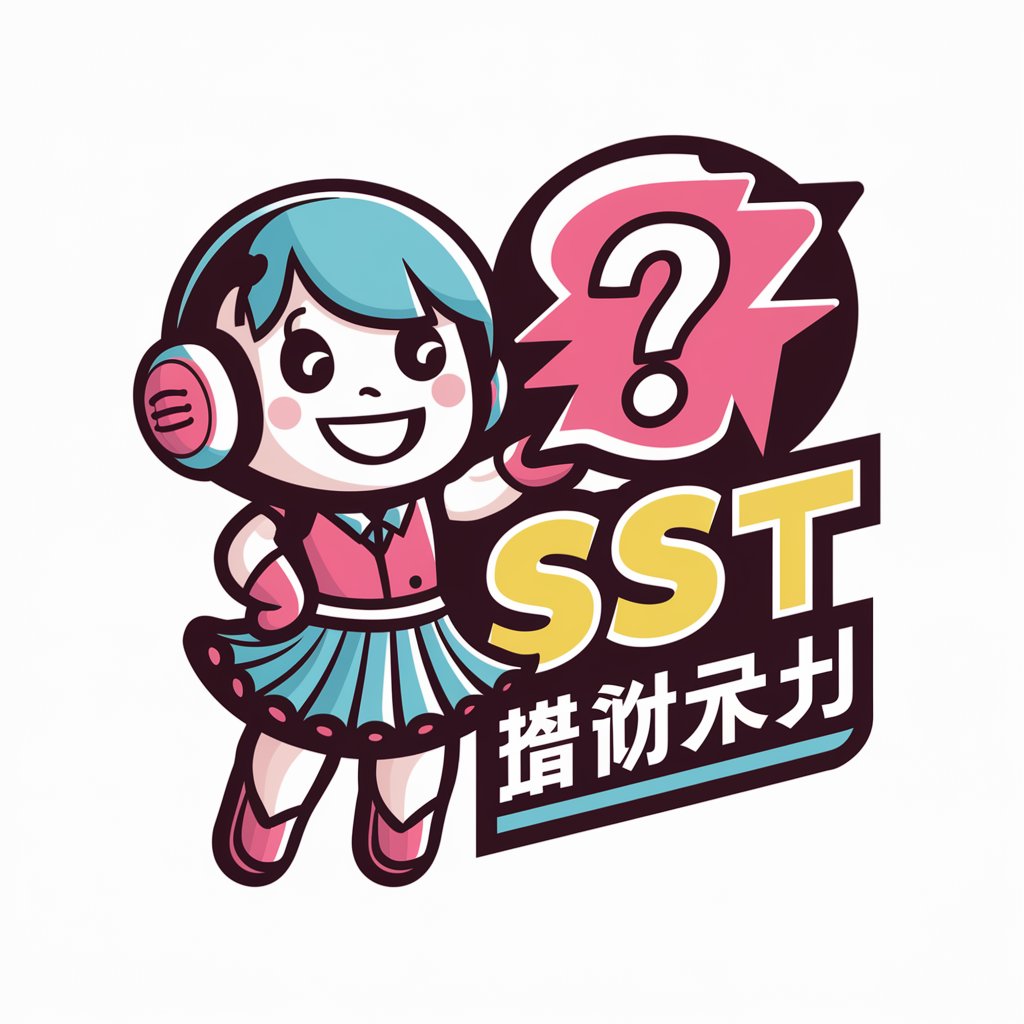
Exposure Therapy GPT
Conquer fears with AI-driven exposure
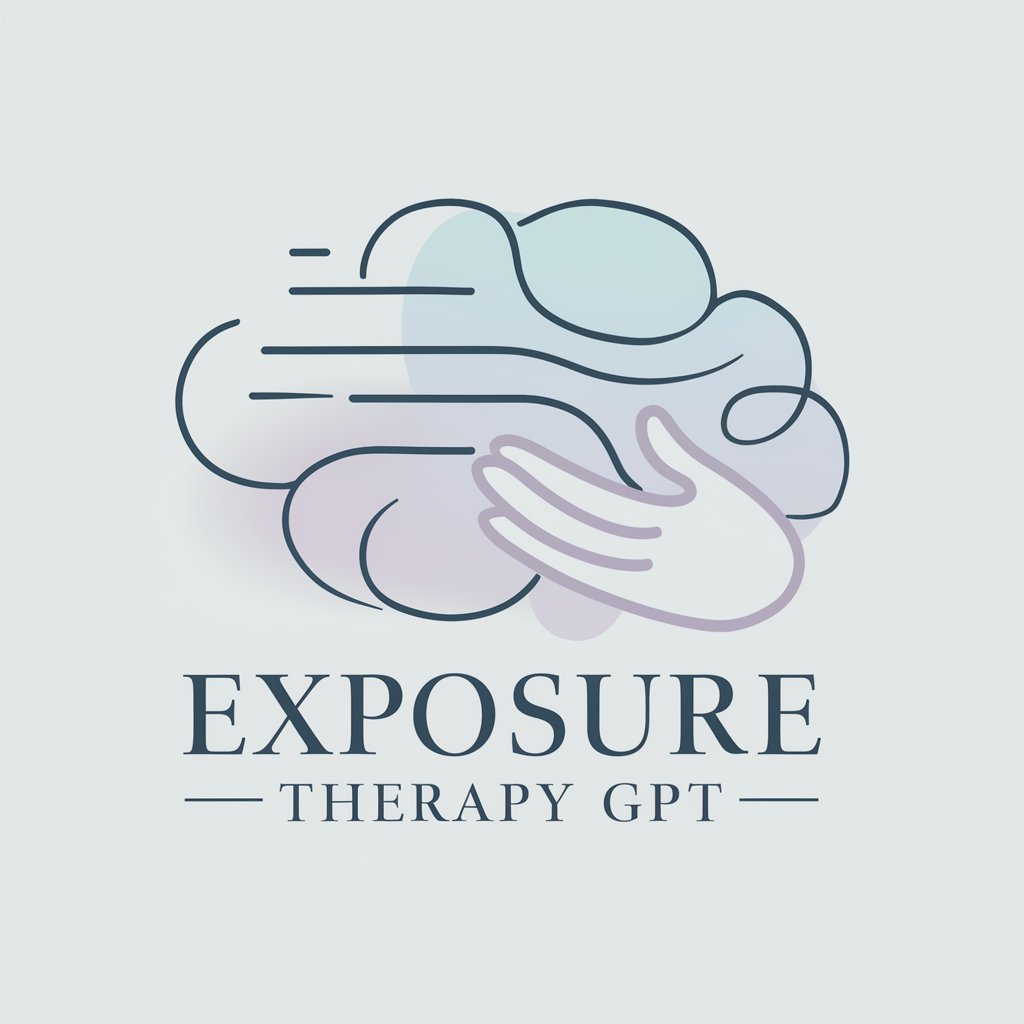
Communication Coach for Post-Covid Teens
Empowering Teens to Thrive Socially, AI-Powered Coaching

Will B. Betterman
Empowering Social Confidence with AI

Social Success Advisor
Enhance Your Social Interactions with AI

Teenager Social Skills Mentoring
Empowering Teens with AI-Powered Social Skills

RSD Support Companion
Navigating Sensitivity with AI-Powered Guidance
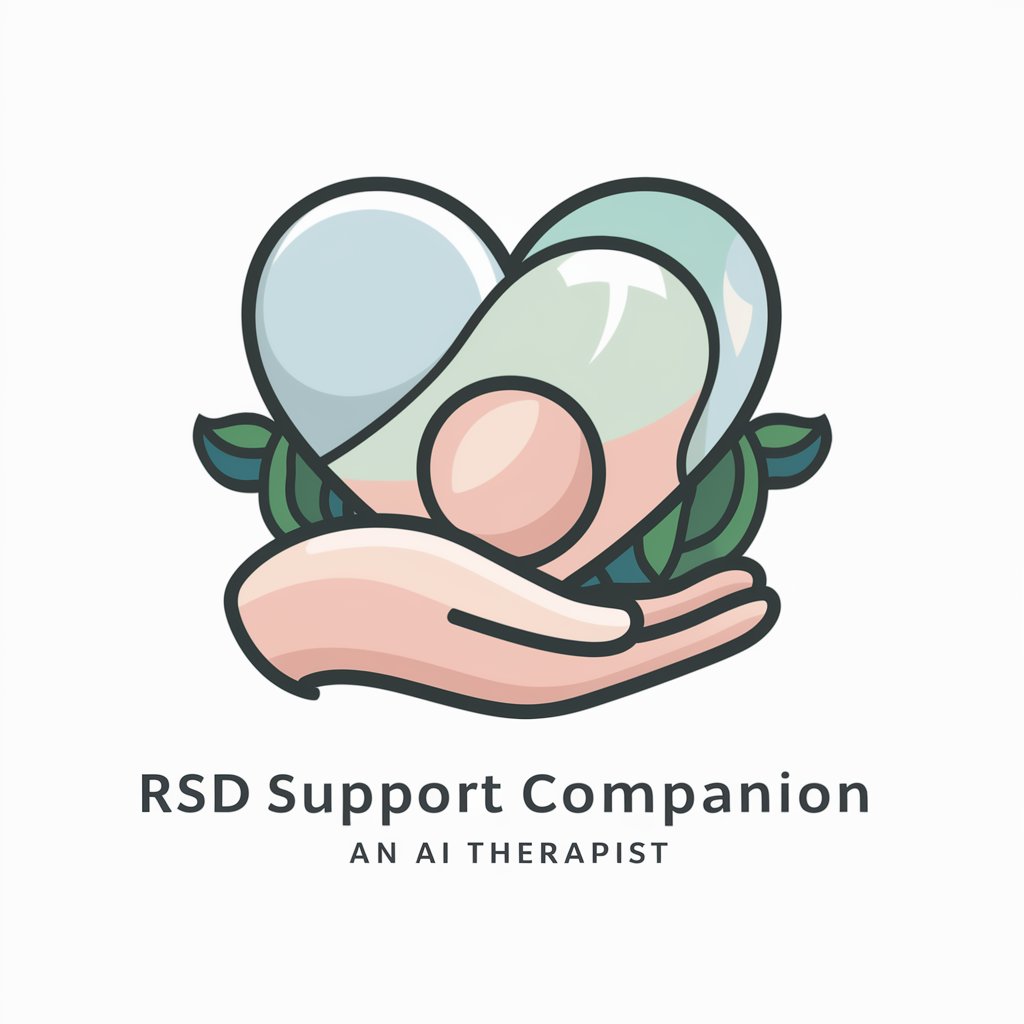
Laugh It Off meaning?
Bringing Humor to Communication with AI
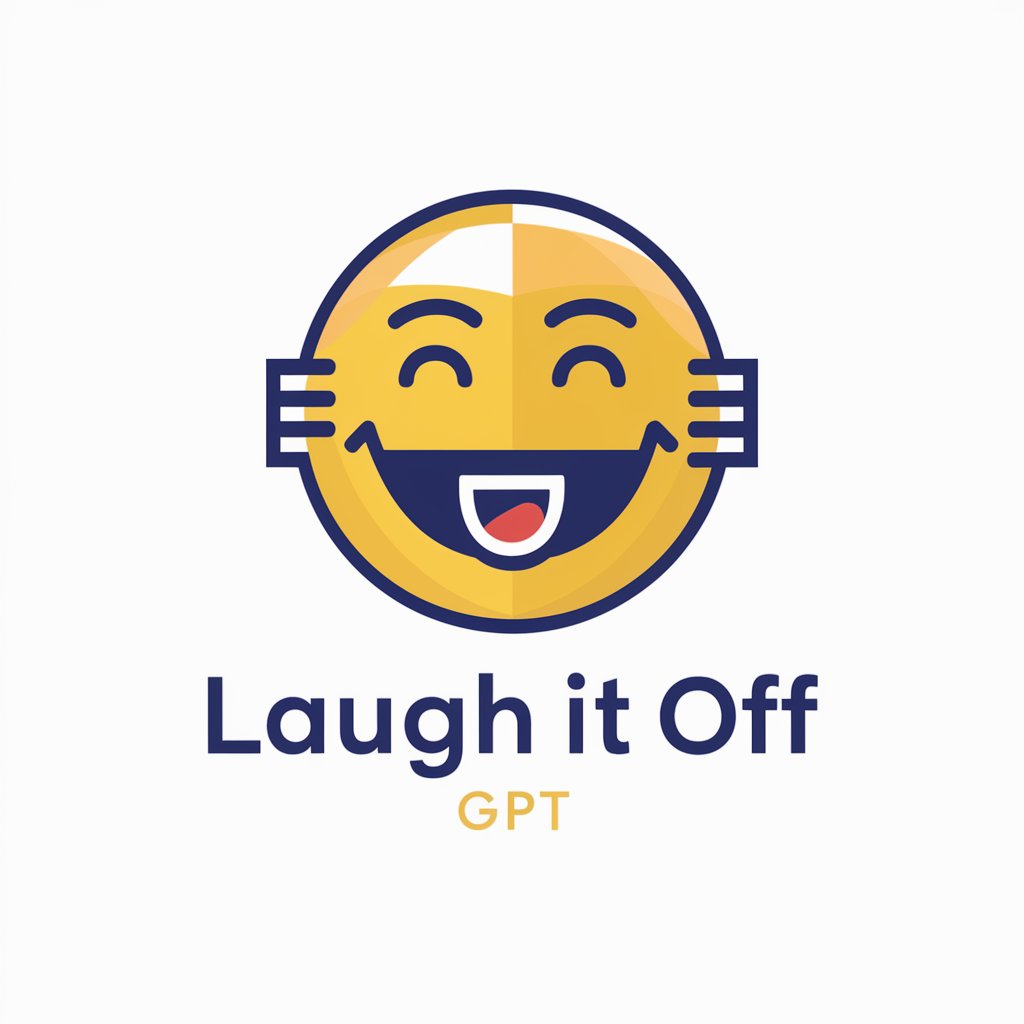
Overcome Fear Assistant
Empowering fear confrontation with AI.
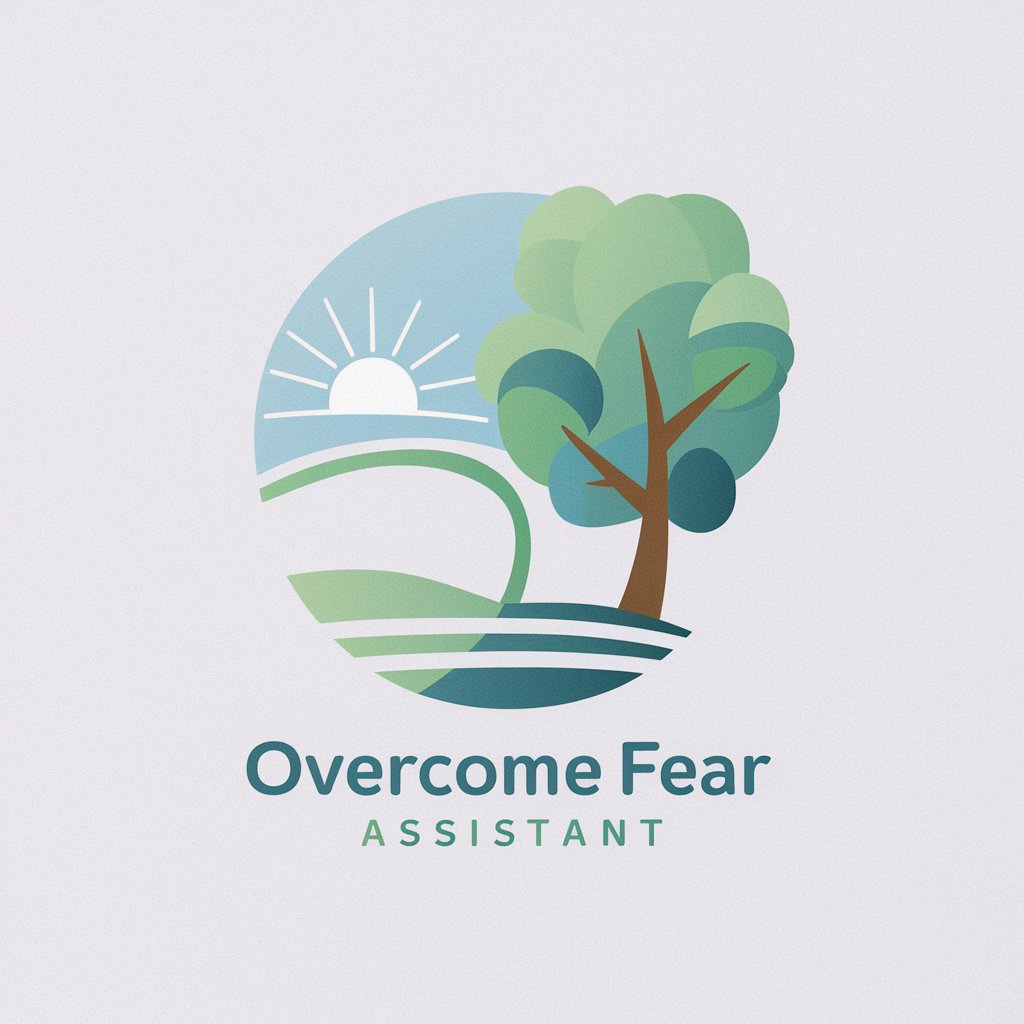
Confidence Coach
Empower Your Self-Assurance with AI

Social Mogul
Empowering Social Interactions with AI
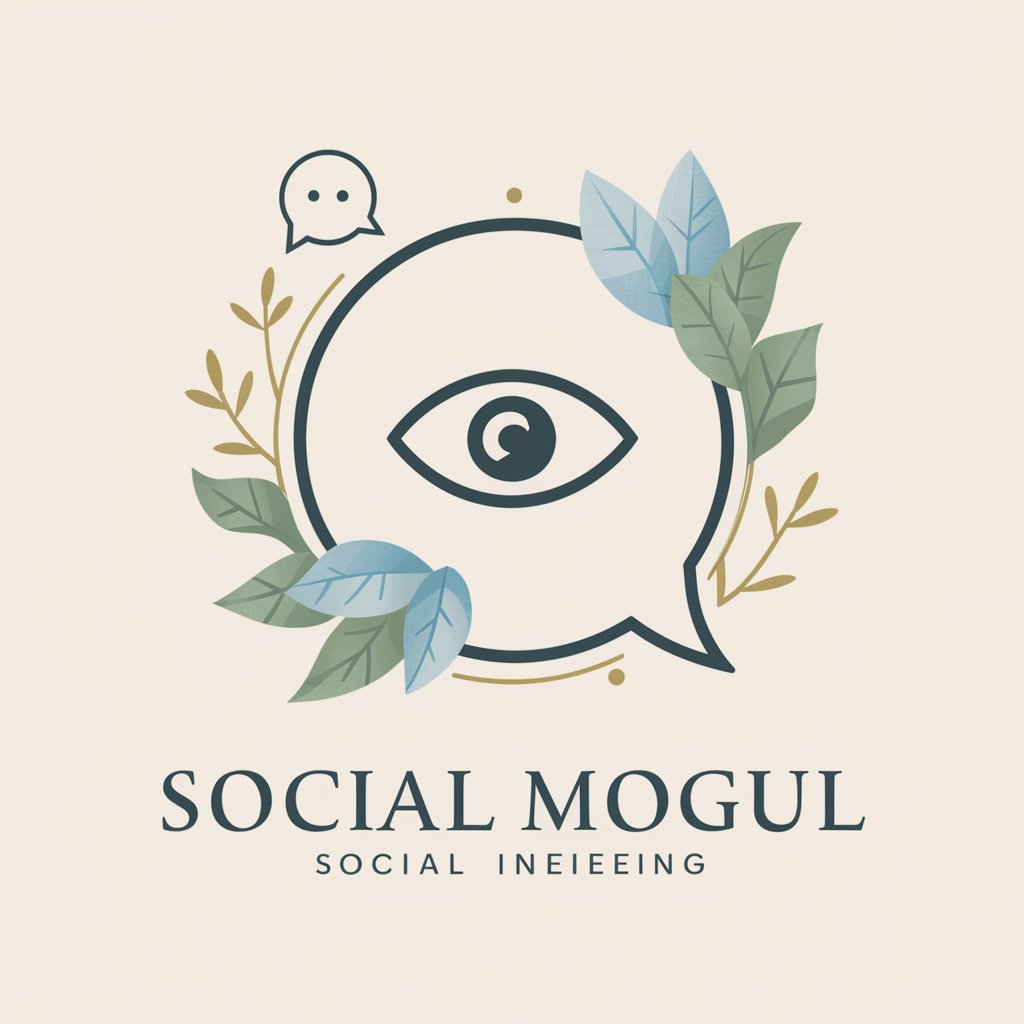
psy_social
Empower Your Social Interactions with AI
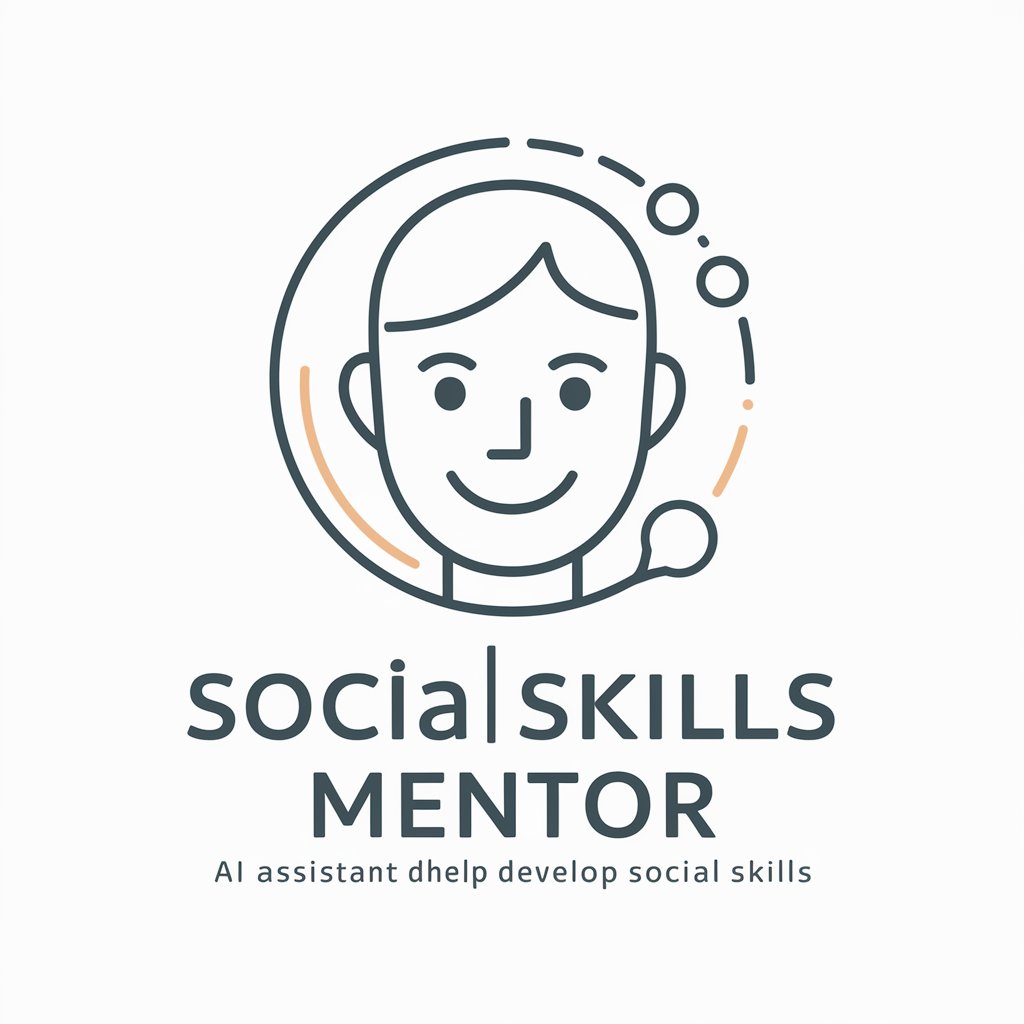
Key Characteristics and Capabilities
AI GPTs tools for Social Anxiety boast unique features that cater specifically to the needs of individuals facing social anxiety challenges. These include adaptive learning algorithms that personalize the user experience based on interaction history, natural language understanding for nuanced conversation, and emotional intelligence to gauge user sentiment and provide empathetic responses. Special features may also encompass language learning for non-native speakers, technical support for developers, web searching for relevant information, image creation for therapeutic purposes, and data analysis to track progress over time. These capabilities ensure that the tools are versatile, capable of evolving from simple conversational bots to complex therapeutic assistants.
Who Benefits from AI GPTs for Social Anxiety?
The primary beneficiaries of AI GPTs for Social Anxiety include individuals experiencing social anxiety, mental health professionals, and developers in the mental health technology space. These tools are designed to be accessible to novices without coding skills, offering an easy-to-use interface and straightforward interaction. For those with programming expertise, additional customization options are available, allowing for the development of specialized applications or the integration of these tools into existing mental health platforms.
Try Our other AI GPTs tools for Free
Budget Dining
Explore AI GPT tools for Budget Dining, designed to enhance your dining experience without breaking the bank. Get personalized, budget-friendly dining suggestions tailored to your tastes and needs.
Location-Based Recommendations
Discover how AI GPTs for Location-Based Recommendations transform personal and professional experiences with tailored, location-specific advice.
Nostalgic Reflection
Discover the unique capabilities of AI GPTs for Nostalgic Reflection, designed to explore, analyze, and create content that connects you with the past. Perfect for history buffs, educators, and anyone looking to reminisce.
Event Info
Discover how AI GPTs for Event Info revolutionize event planning and management with tailored, efficient solutions for any event type, enhancing engagement and streamlining tasks.
Illustrated Chat
Discover AI GPTs for Illustrated Chat, revolutionizing digital conversations by integrating visual elements for a more engaging experience.
Character Showcase
Discover how AI GPTs for Character Showcase revolutionize character creation with advanced narratives, visuals, and interactive capabilities, designed for creators at all levels.
Expanding the Role of GPTs in Mental Health
AI GPTs function as customized solutions across different sectors, particularly in mental health, where they offer innovative approaches to support and therapy. Their user-friendly interfaces and the ability to integrate with existing systems or workflows make them highly adaptable tools. These technologies not only provide immediate support but also hold the potential to gather anonymized data for research, improving our understanding and treatment of social anxiety.
Frequently Asked Questions
What exactly are AI GPTs for Social Anxiety?
AI GPTs for Social Anxiety are digital tools that use Generative Pre-trained Transformer technology to provide support and advice for people dealing with social anxiety, using natural language processing to simulate human-like conversations.
How do these tools personalize the user experience?
These tools use adaptive learning algorithms to tailor conversations based on the user's interaction history and preferences, improving the relevance and effectiveness of the support provided.
Can individuals without technical skills use these GPTs effectively?
Yes, these tools are designed with user-friendly interfaces that require no coding knowledge, making them accessible to anyone seeking support for social anxiety.
Are there customization options for developers?
Yes, developers have access to APIs and programming interfaces that allow for extensive customization and integration into existing mental health care platforms.
Do these tools replace traditional therapy?
No, while AI GPTs for Social Anxiety provide valuable support, they are best used as a complement to traditional therapy, not a replacement.
What kind of support can users expect from these tools?
Users can expect empathetic responses, coping strategies, therapeutic advice, and information related to managing social anxiety, all tailored to their personal experiences.
How do these tools ensure privacy and confidentiality?
AI GPTs for Social Anxiety are designed with privacy in mind, employing encryption and data protection measures to ensure user conversations and information remain confidential.
Can these tools track user progress over time?
Yes, with user consent, these tools can analyze conversation history and user feedback to track progress, offering insights and adjustments to the support provided.